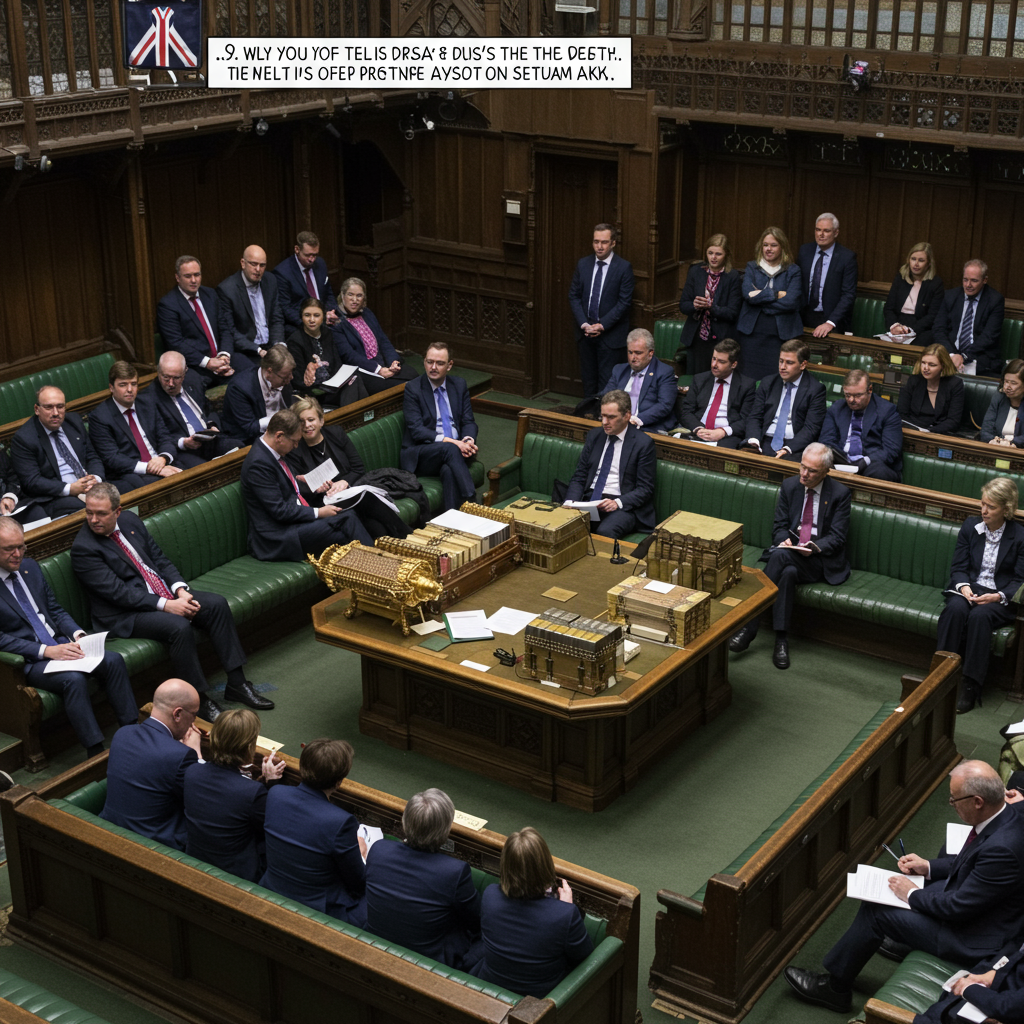In a significant development for social policy in the United Kingdom, British lawmakers in the House of Commons have voted to approve a bill that moves the country closer to legalizing assisted dying for terminally ill adults in England and Wales.
The vote took place on Friday, June 20, 2025, following an impassioned four-hour debate. Members of Parliament approved the measure by a margin of 314 votes to 291. While a clear majority of 23, this was a smaller margin than an earlier vote on the issue in November, reflecting the deeply divided opinions among lawmakers and the public. The vote was conducted as a “free vote,” allowing MPs to decide based on their conscience rather than party lines.
Championed by Labour lawmaker Kim Leadbeater, the Terminally Ill Adults (End of Life) Bill proposes a framework allowing individuals diagnosed with a terminal illness, and who are expected to live for less than six months, to legally choose to end their lives. This assistance would be sought from the National Health Service (NHS) and would involve self-administering lethal medication.
The bill includes several crucial safeguards. While an earlier proposal requiring a judge’s approval for each case was removed following objections from the legal profession, the revised bill mandates approval from two doctors and a specialist panel. This panel would include a social worker, a senior legal figure, and a psychiatrist, ensuring a multi-disciplinary review of each request. Amendments also require the establishment of independent advocates for individuals with learning disabilities, autism, or mental health conditions, and a dedicated disability advisory board. A conscience clause is explicitly included, stating that no person, including doctors, social care workers, or pharmacists, will be obligated to participate in the procedure.
The issue of assisted dying remains highly contentious. Proponents, including those from the “Campaign for Dignity in Dying,” argue that terminally ill individuals experiencing traumatic suffering should have the fundamental right to choose how they end their lives, ensuring a more dignified death. They point to the current inequality where wealthier individuals can travel abroad, such as to Switzerland (where over 500 Britons have reportedly sought assisted death), while others are denied this option and may face legal risks if loved ones assist them.
Opponents, represented by groups like “Care Not Killing” and “Right To Life U.K.,” raise serious concerns about the potential for abuse and coercion, particularly targeting vulnerable populations like the elderly and disabled. They argue that such individuals could face subtle or direct pressure to end their lives, perhaps due to perceived financial burdens or a desire not to be a burden on family. They strongly advocate for increased investment in palliative care and hospice services as a preferred alternative to alleviate suffering – a point on which both sides often agree. Demonstrators outside Parliament reflected this divide, with contrasting banners highlighting their positions.
Following approval in the elected House of Commons, the bill now moves to the unelected House of Lords for further scrutiny and potential amendment. While the Lords can debate, amend, and delay legislation, they cannot ultimately block a bill passed by the Commons. Any amendments made in the Lords would require the Commons to consider them again. Backers of the bill estimate that the full implementation process, including setting up the necessary infrastructure, would take approximately four years, meaning the law could potentially come into effect around 2029.
This parliamentary step represents one of the most significant potential shifts in UK social policy since the partial legalization of abortion in 1967. Assisted dying is legal in several other countries and regions, including Australia, Belgium, Canada, and parts of the United States, though specific regulations vary. The proposed UK legislation follows the model of assisted suicide (where the patient administers the drugs), distinct from euthanasia (where a practitioner administers the lethal injection), which is legal in countries like the Netherlands and Canada under specific circumstances. The government has stated it will respect the outcome of the vote, although the potential impact on the NHS and wider healthcare system remains a subject of ongoing consideration.



